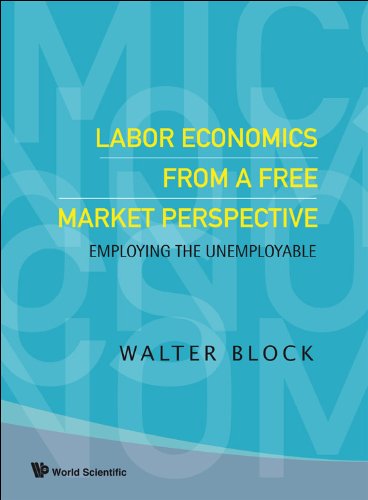

Most ebook files are in PDF format, so you can easily read them using various software such as Foxit Reader or directly on the Google Chrome browser.
Some ebook files are released by publishers in other formats such as .awz, .mobi, .epub, .fb2, etc. You may need to install specific software to read these formats on mobile/PC, such as Calibre.
Please read the tutorial at this link: https://ebookbell.com/faq
We offer FREE conversion to the popular formats you request; however, this may take some time. Therefore, right after payment, please email us, and we will try to provide the service as quickly as possible.
For some exceptional file formats or broken links (if any), please refrain from opening any disputes. Instead, email us first, and we will try to assist within a maximum of 6 hours.
EbookBell Team

4.0
96 reviewsThe position of this book on unions is unique outside of the libertarian movement, and this is indicative of its analysis of several other issues, such as minimum wages. For scholars on the left, it is almost true that unions can do no wrong (for Marxists, they do not do enough, but that is another story). Their role is to raise wages for the workingman, and this task is almost unstintingly applauded. Conservatives, on the other hand, oppose unions root and branch (except for their support of foreign wars, which is also another story). To this end they support a welter of regulations, designed to reduce their power: limitations of check offs, forced secret ballots, etc.
For libertarians, the analysis depends, intimately, on whether or not these are voluntary organizations. If they are, there is no more justification for imposing secret ballots on them than to do so for the chess or garden club. If they are not, they should not be weakened by restrictions, but, rather, banned, and their leaders imprisoned.
Contents: Wage Determination; Unions; The Minimum Wage; Immigration; Redistributive Justice; Fringe Benefits; Other Topics in Labor Economics.